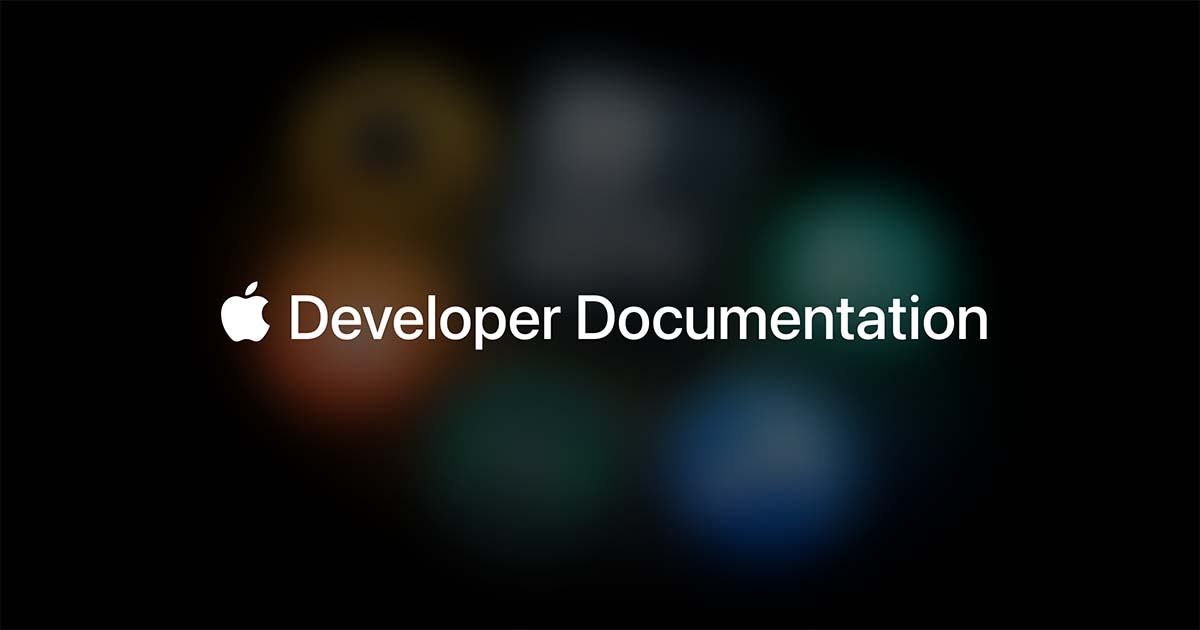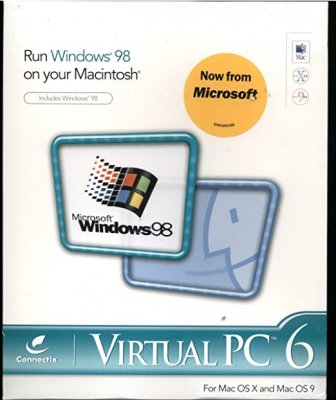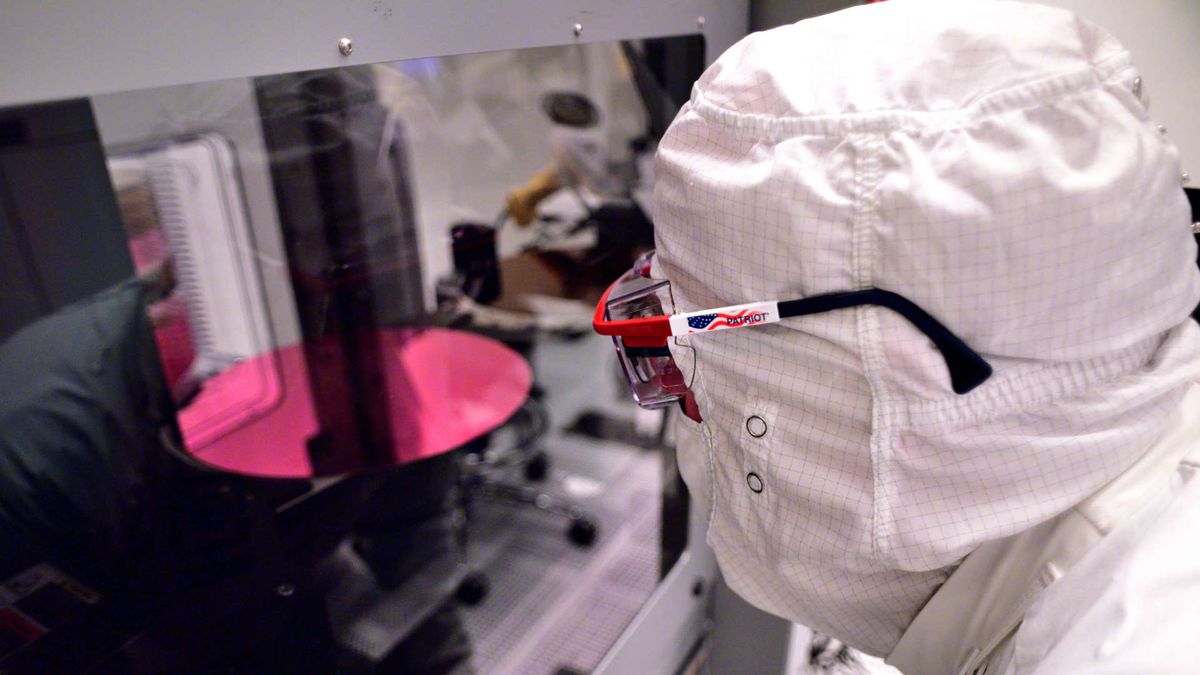I personally don't think that Apple intends to stick us permanently with the "mobile device experience." I realize that it looks that way (especially as mobile has become the core of their profit margin) but, as computer users themselves, I think they realize that there will always be a need for the "desktop experience" (power/big screen real estate/easy to use input/etc). I don't have a crystal ball but I predict that, in a decade, what we will have is one powerful device (whether that be a tablet or a wearable is yet tbd) and something in the vein of the following:
1 (less likely - but it seems to me that Apple is interested in this) Augmented Reality hardware that virtually recreates the "desktop experience"
2. A desktop "dock" - that you plop your mobile device into when you sit down at your desk - plugging you in to your keyboard, mouse, monitors, and whatever other futuristic input device we haven't dreamt up yet.



